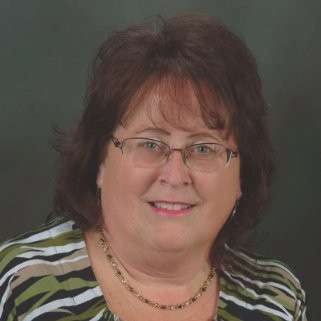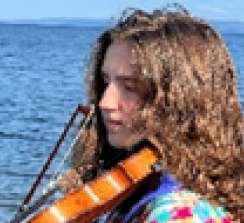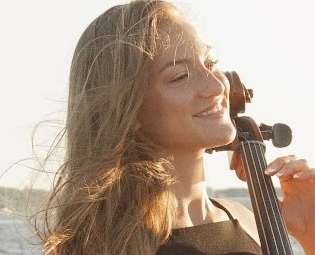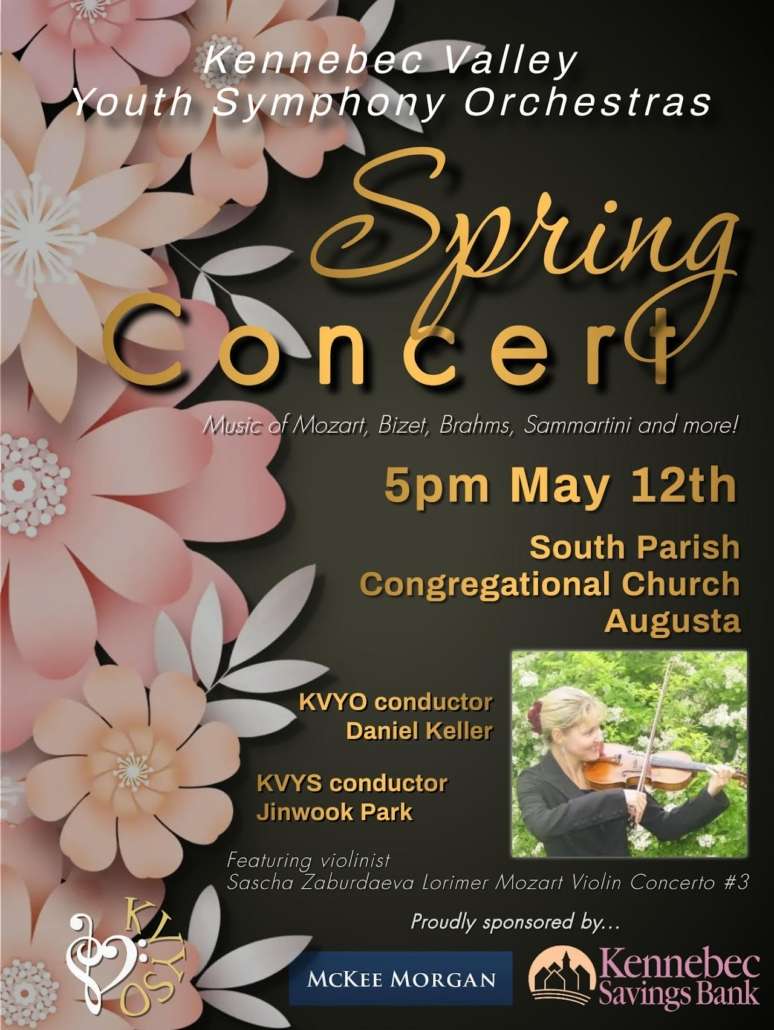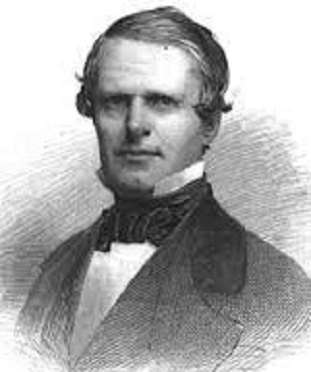
Sylvester Judd
Another local writer mentioned in Thomas Addison’s chapter on literary people in Henry Kingsbury’s Kennebec County history was Rev. Sylvester Judd, who was born in Westhampton, Massachusetts, and grew up in adjoining Northampton.
James North, in his history of Augusta, wrote that Judd was descended from Deacon Thomas Judd, who came from England to Cambridge, Massachusetts, in the 1630s. Judd the author was born July 23, 1813, grandson of the first Sylvester in the family and second of eight children of the second Sylvester and Apphia (Hall) Judge.
His education is summarized in an on-line Unitarian-Universalist source, on-line Harvard Square Library and Louis Hatch’s history of Maine.
Judd worked odd jobs to earn money to attend Hopkins Academy, in Hadley, Massachusetts (founded in 1664). After a year there, he entered Yale, graduating in 1836.
He spent a year teaching “to pay off his debt” at a private school, in Templeton, Massachusetts, where he discovered Unitarianism and abandoned his family’s Congregationalism. From 1837 to 1840, he attended Harvard Divinity School.
Meanwhile, in April, 1825, some prominent Augusta men, including attorney Reuel Williams, organized a Unitarian society that became Christ Church.
Ministers came and went, North wrote, and one who filled in was Rev. Sylvester Judd, newly graduated and looking for a church. He was invited to apply for a full-time position, accepted and was ordained Oct. 1, 1840.
North praised Judd highly, calling him “young and ardent,” “beloved,” a man who “possessed originality, fullness and depth of thought; was enamored of the true and beautiful, and aimed at a high standard of elevation and purity.”
Harvard Square Library says that his liberal preaching on political issues “began to alienate some of his parishioners and others.” For example, his pacifism led him to call the American Revolution “a moral evil. This resulted in his being dismissed as chaplain to the state legislature.”
On Aug. 31, 1841, Judd married Reuel Williams’ daughter, Jane Elizabeth (born Dec. 1, 1819). The couple had three daughters.
North said the oldest was Jane Elizabeth, born Sept. 26, 1844; married Henry T. Hall, of Boston, on Sept. 25, 1867; and died Dec. 5, 1868. Frances Hall was born June 28, 1847; married Rev. Seth Curtis Beach in Boston on Nov. 17, 1869; and in 1870 was living in Minnesota. Apphia Williams was born March 16, 1853.
Judd was scheduled to speak in Boston in January 1853, North wrote, and after “severe mental labor” preparing his talk, had gone to bed Monday evening, Jan. 3, before taking the early morning train to Boston. Overnight, he was “attacked by a fatal disease” (unnamed); he died Jan. 26.
Addison called Judd “an author of national reputation” and “the master of an elegant and forceful literary style.” In addition to miscellaneous articles, several volumes of sermons and a history of Hadley, Massachusetts, and neighboring towns, he wrote three fiction works: “Margaret” (1845); “Philo, an Evangeliad” (1850); and “Richard Edney” (also 1850).
The first and last are novels. Harvard Square Library calls Philo “a long dramatic poem”; it is mostly in blank verse, rather than rhymed. New editions of all three books are listed on line.
On-line descriptions of Margaret give the full title as Margaret: A Tale of the Real and the Ideal, Blight and Bloom; Including Sketches of a Place Not Before Described, Called Mons Christi. Harvard Square Library considers it Judd’s “best work” and describes it as “perhaps the only Transcendental novel”.
(The Transcendental movement was a New England based philosophical world-view whose tenets included belief in the essential unity of all creation, humanity’s innate goodness and finding each individual’s truth through insight and intuition rather than science or logic. Essayist and poet Ralph Waldo Emerson [1803-1882] is called the founder of Transcendentalism.)
Wikipedia says poet James Russell Lowell called Margaret “the most emphatically American book ever written.” An on-line book-seller’s page calls it “a breathtaking combination of female bildungsroman, utopian novel, and historical romance”; and “[p]art eco-criticism, part seduction novel, part temperance tract, and part social history.”
(Bildungsroman is defined on line as a novel about a person’s “formative years or spiritual education.” The Harry Potter books are “in the literary tradition of a bildungsroman.”)
Citing an introduction by Gavin Jones to a 21st-century edition, the reviewer adds that two unusual features of Margaret are “creation of a female character who grows in social rather than domestic power” and “its exploration of transcendental philosophy in novelistic form.”
A reader reacted on-line with equal enthusiasm, urging everyone to read Margaret. Calling it a great book, this person praised Judd’s writing style and his wide range of knowledge, from botany to literature to family and social life in a rural village.
Another reader who commented on line liked parts of the book, especially Margaret’s childhood in the village. Overall, though, she or he found it too preachy and said Judd was terrible at plotting, relying on coincidences and introducing and discarding characters randomly.
The novel influenced other 19th-century writers, British and American, despite, the book-seller reviewer says, being “controversial” for including alcoholism and capital punishment. Plot summaries found elsewhere explain both: Margaret is born in a very poor rural village where everyone drinks, and when she grows up her brother is executed for accidentally causing another man’s death.
The night after the execution, another brother starts a fire that a disgruntled character spreads. The village is destroyed. Margaret goes to Boston, where she finds a rich grandfather who helps her get the education she wants.
Margaret comes back to her village, marries a Mr. Evelyn and with him builds what the more critical on-line reviewer found an improbable Paradise, where people of different faiths – all varieties of Christians, Muslims, Jews – live together in sobriety and happiness.
Your writer offers a sample from the first chapter of the first section. The book begins:
We behold a child eight or ten months old; it has brown, curly hair, dark eyes, fair conditioned features, a health-glowing cheek, and well-shaped limbs. Who is it? Whose is it? what is it? where is it? It is in the centre of fantastic light, and only a dimly-revealed form appears. It may be Queen Victoria’s or Sally Twig’s. It is God’s own child, as all children are.
Then the sun comes out, the sky is blue and the wind blows, and Judd comments that sun, sky and wind are “common to Arctic and Antarctic regions, and belong to each of the three hundred and sixty terrestrial divisions.”
After two more pages, including a paragraph in which people react to the claim that the child is in pain in a dozen languages, including French, German, Italian, Latin, Arabic and Irish and Scottish dialects, Judd reveals that the child is Margaret, about whom he will tell more, after skipping “seven or eight years.”
Chapter Two is titled Work and Beauty. – An Impression of the Real. The first sentence reads:
The child Margaret sits in the door of her house, on a low stool, in our vernacular, ‘quilling,’ for her mother, who, in a room near by, is mounted in a loom, weaving and smoking, the fumes of her pipe mingling with the whizz of the shuttle, the jarring of the lathe, and the clattering of treadles.
A grey squirrel sits on Margaret’s shoulder watching her work.
* * * * * *
Philo begins with Philo standing in a village street explaining to his friend Charles that he is waiting for “a stranger…from the moon or otherwheres.”
Charles thinks Philo is crazy, and since he’s running an errand for his wife (“the mystery of merchants’ packages / She longs to handle.”), he cannot stay.
The stranger turns out to be the Angel Gabriel, who leads Philo to other places and times.
An early scene is set in a valley of “Luxuriant fields and sunny streams,” with flowers, bird songs and fragrant air, so that Philo asks, “Are we in heaven?”
By the stream there is a naked man whose back is “waled and bloody.” As Philo and Gabriel approach, they hear him wishing he were dead in the ocean to which the stream flows, rather than a slave in Carolina.
Have I not feelings, will, intelligence,
And sense of manhood, yearnings for the highest?
I cannot live; with death I sooner join
Issue than life. – Who’s near?
The man, Pomp, tells Gabriel and Philo about learning to read by stealing his young mistress’s books; learning that she, too, hates slavery; and escaping with her help.
After four days of freedom, during which
One hour enlargement grasped, one hour indulged
My birthright’s wild extravagance; the next
Reversed the whole, and sent me back a slave.
Now, Pomp says,
I cannot bide my time; I have no time, —
It is my master’s; mine, eternity
Shall be. The dogs are near, — delay me not.
And he jumps into the river. Gabriel then records the “bubble” that rises from the water and turns into a flaming wheel, then into a meteor that “shoots athwart the land” and bursts to create a bonfire that consumes slavery, so that
See how the riven races close as brothers;
Hear how a continental joy explodes,
And rolls a-thundering along the earth!
To which Philo replies:
Into the future thou hast borne me far;
Return we to our point, in place and time,
And with these visions let my actions rhyme.
* * * * * *
Wikipedia gives the full title of Judd’s second prose novel as Richard Edney and the Governor’s Family: A Rus-Urban Tale Simple and Popular, Yet Cultured and Noble of Morals, Sentiments, and Life Practically Treated and Pleasantly Illustrated, Containing Also Hints on Being Good and Doing Good. (Other sources spell “Rus-Urban” as “Rusurban.” Your writer guesses the word is Judd’s combination of “rustic” and “urban.”)
The accompanying description says the novel “tells the story of Richard Edney and his interactions with the Governor’s family, providing a perspective on morality and life. It also contains helpful hints on being a good person and doing good deeds.”
The novel is set in mid-19th-century Maine. It begins with Richard – no further identified at first – walking through a major snowstorm, burdened by a heavy pack, but nonetheless recognizing the snow as God-sent and pausing to help a woman who falls down. Here is the first paragraph, copied from a Kindle edition on-line:
It began to snow. What the almanac directed its readers to look out for about this time – what his mother told Richard of, as she tied the muffler on his neck in the morning – what the men in the bar-rooms, where he stopped to warm himself, seemed to be rubbing out of their hands into the fire – what the cattle, crouching on the windward side of barnyards, rapped to each other with their slim, white horns – what sleigh-bells, rapidly passing and repassing, jingled to the air – what the old snow, that lay crisp and hard on the ground, and the hushed atmosphere, seemed to be expecting – what a ‘snow-bank,’ a dense, bluish cloud in the south, gradually creeping along the horizon, and looming mid heavens, unequivocally presaged – a snow-storm, came good at last.
In following pages, Richard reaches his destination, his sister and brother-in-law’s city home; he hopes to find a job, preferably in a mill. The second chapter introduces the governor and his family with whom Richard will be connected.
Main sources
Hatch, Louis Clinton, ed., Maine: A History 1919 (facsimile, 1974).
Kingsbury, Henry D., ed., Illustrated History of Kennebec County Maine 1625-1892 (1892).
North, James W., The History of Augusta (1870).
Websites, miscellaneous.


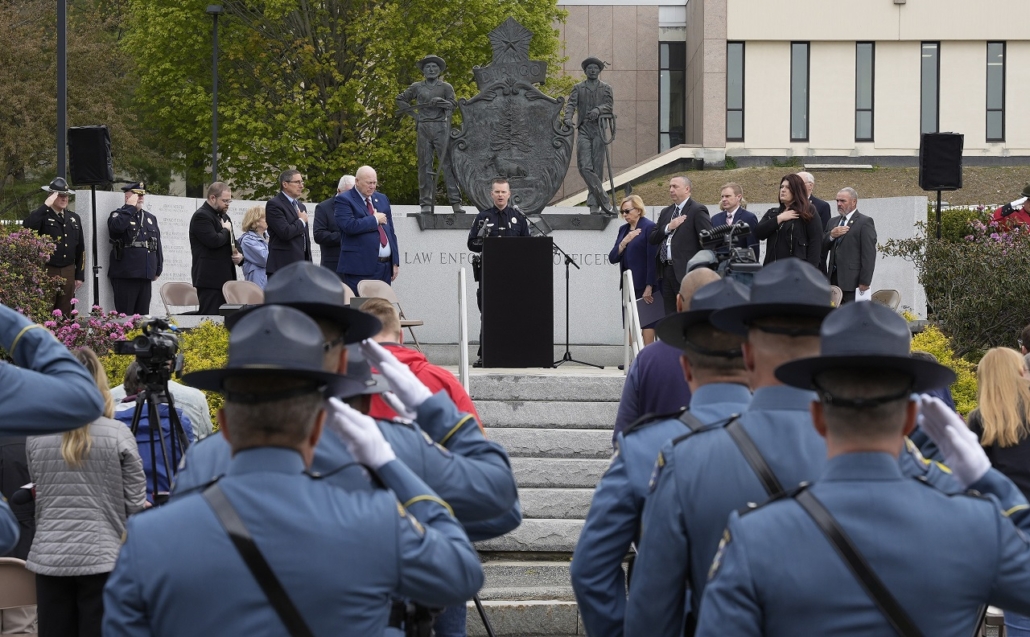
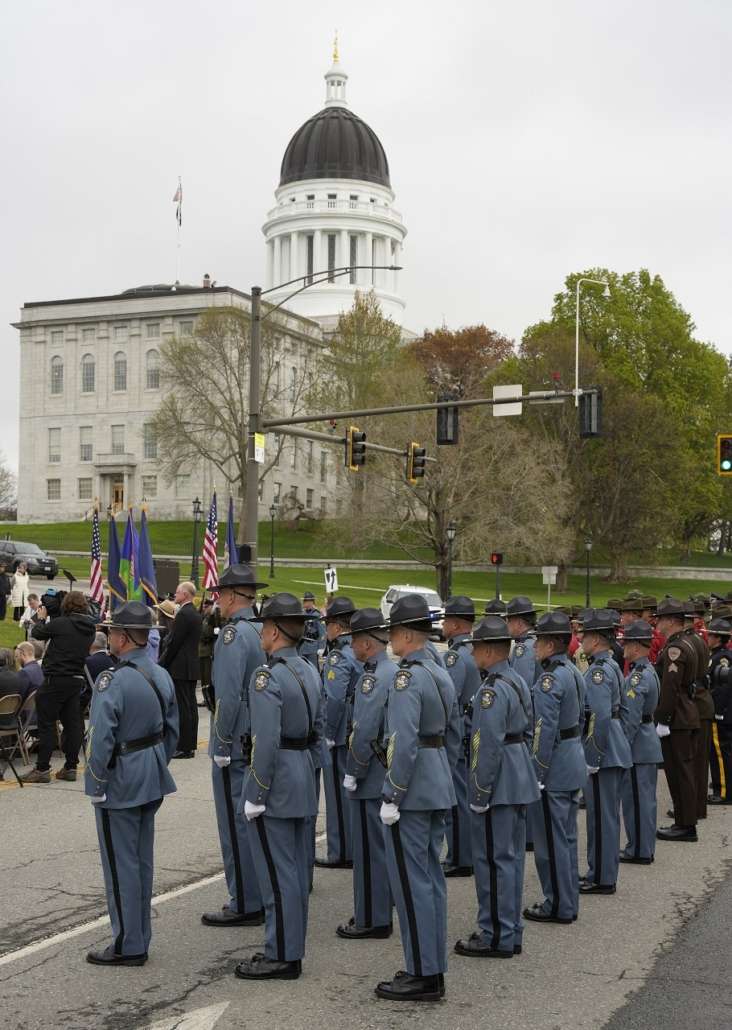
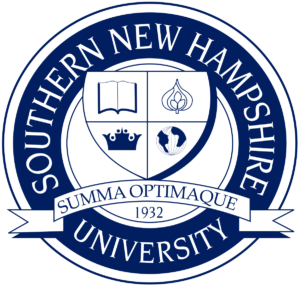 Southern New Hampshire University (SNHU), in Manchester, New Hampshire, announces the following students being named to the Winter 2024 President’s List.
Southern New Hampshire University (SNHU), in Manchester, New Hampshire, announces the following students being named to the Winter 2024 President’s List.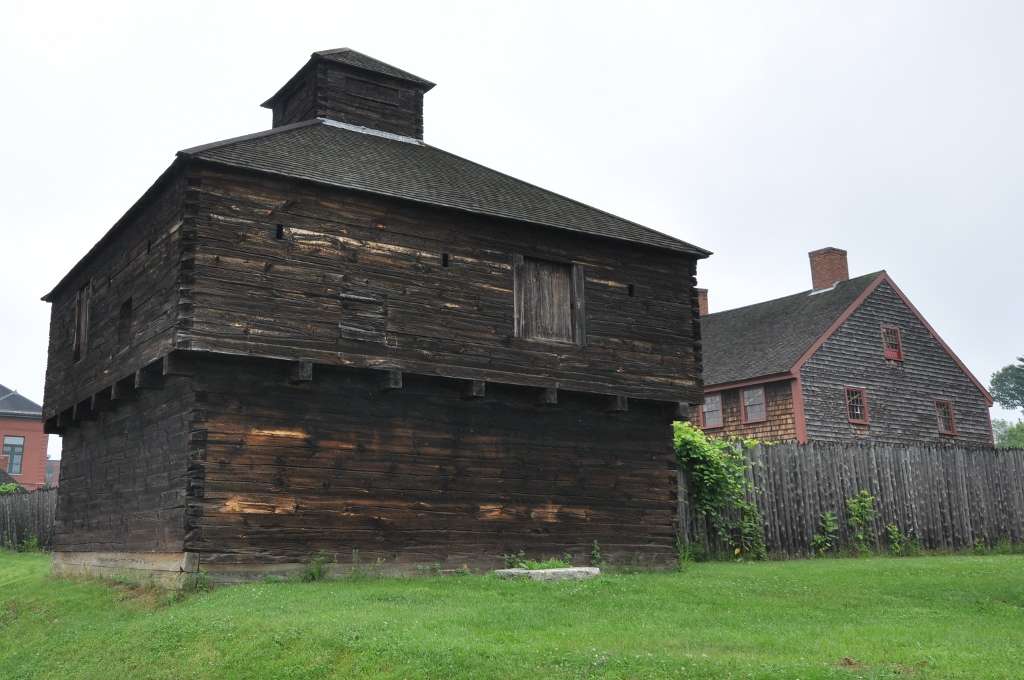

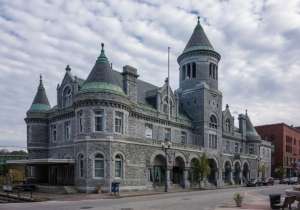


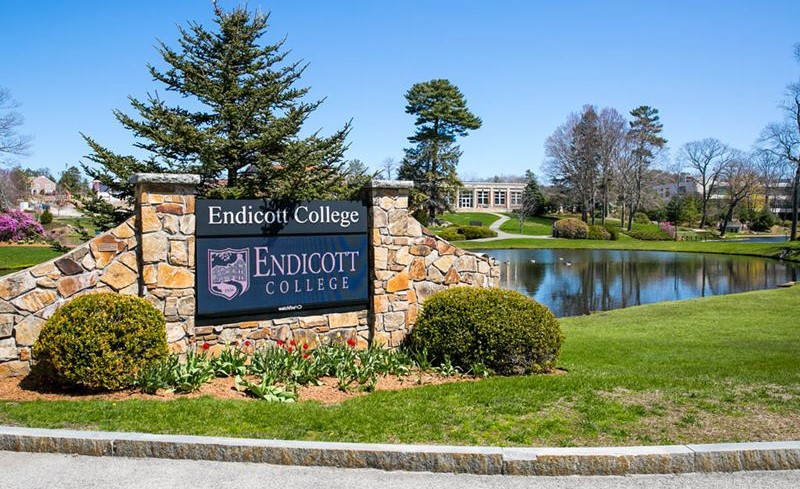 Endicott College, in Beverly, Massachusetts, has announced its Fall 2023 dean’s list students. The students include:
Endicott College, in Beverly, Massachusetts, has announced its Fall 2023 dean’s list students. The students include:
